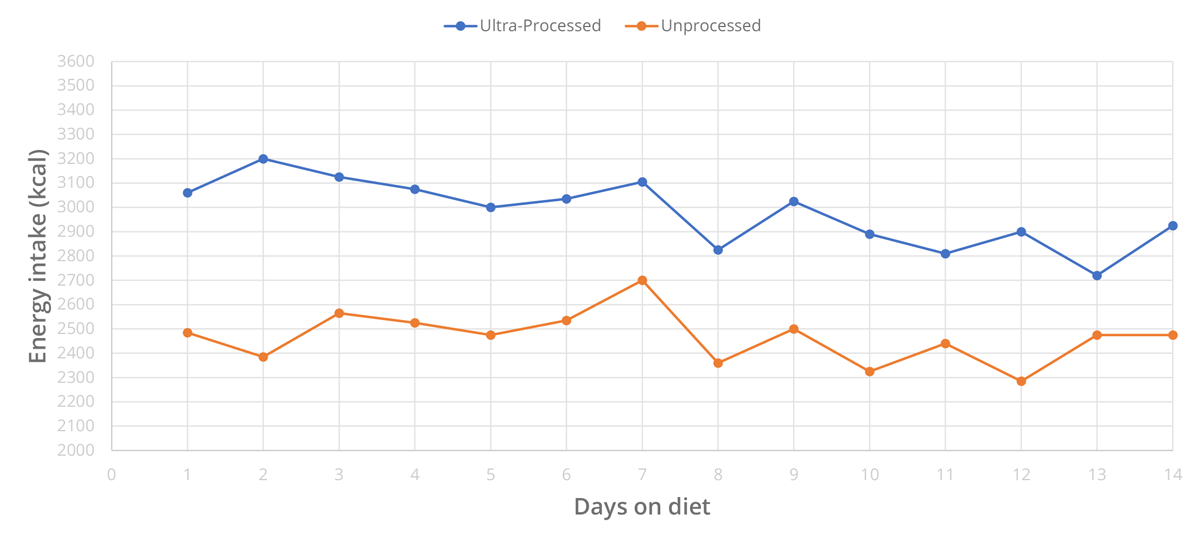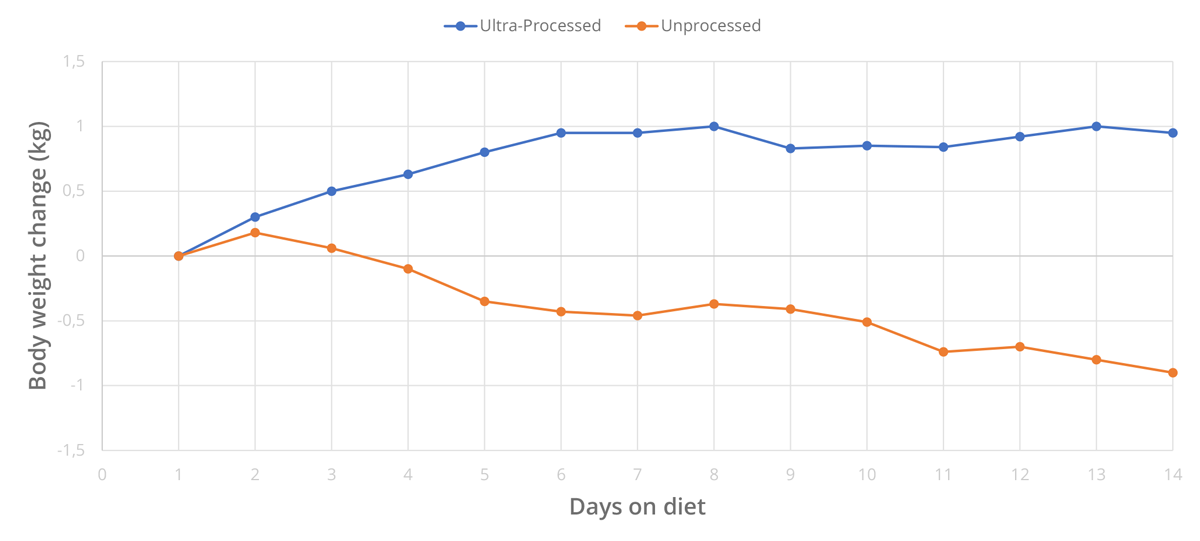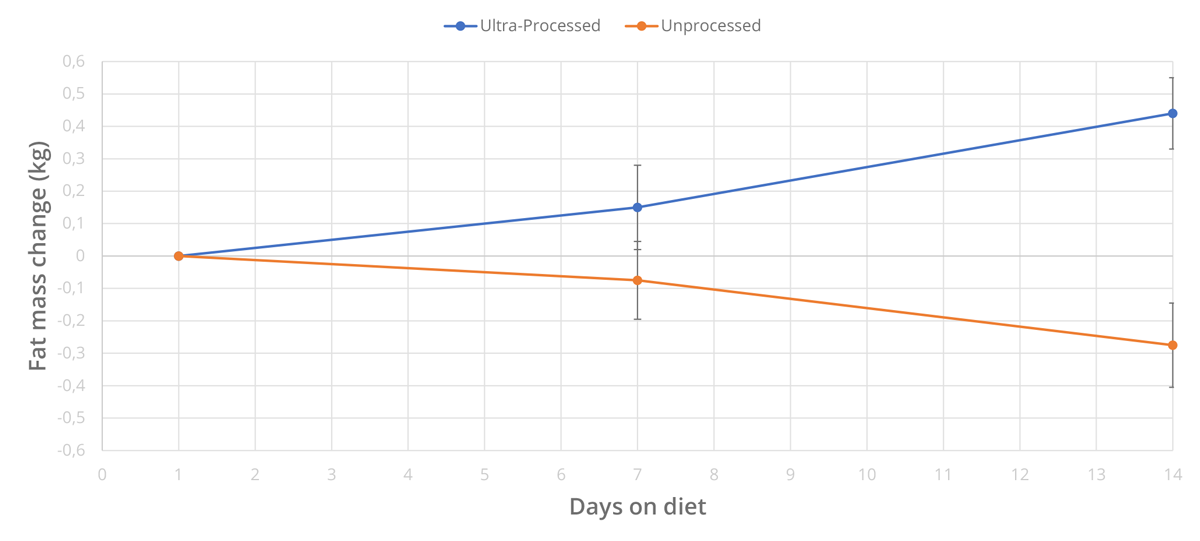
Each year, a new diet makes its appearance. It usually proposes to ban a macronutrient, a food or a category of foods while explaining that it is the cause of all health problems. And every ten years, these diets are doing a makeover, find a name more hype and let's go for a new ride! Take the breakthrough "keto" nowadays. In 1995, Mauro Di Pasquale already recycled the ketogenic diet with his "Anabolic diet" for bodybuilders and all those wishing to build muscle... To top it off, and bring its share of confusion, a real church war exists between the different currents (low-fat vs. low-carbs vs. Keto vs. Paleo vs. Vegan vs. Intermittent fasting vs. etc.). Each current proclaiming itself the best and sometimes the most faithful to our genetic evolution...
Yet, there are at least two things in common between these different diets. First, for the purpose of fat loss, they usually advise a calorie deficit in relation to your daily energy expenditure. Second, they encourage people to eat healthier (normally) and avoid as much as possible industrial food products (processed or ultra-processed). In 2018, Monteiro et al. described the ultra-processed products as "formulations mainly composed of industrial sources of dietary and nutritional energy, mixed with additives, using a series of processes". In the end, these foods usually contain a lot of carbohydrates, fat, salt, little protein, and many additives. Ultra-processed foods are inexpensive, can increase the shelf-life of foods for storage, are high in calories and often very convenient (ready to eat or ready to heat). They have therefore naturally found a place of choice in our society increasingly focused on "#Idontmovefrommycouch".
However, some data clearly show the parallel between the increase in the prevalence of obesity and type 2 diabetes and the industrialization of food and the production of high-calorie but ultra-processed products in countries with high incomes, and especially today in low and middle income countries. Theories of a probable causality between ultra-processed products and obesity are multiple however no study to date has established this causal link. What are the real benefits of reducing the consumption of ultra-processed products and the harmful effects of their consumption ?
To answer this question, a team of researchers from the National Institute of Health (NIH) Clinical Center in the United States has put in place a randomized controlled trial protocol. Researchers recruited 20 people (10 women and 10 men) randomly assigned to one of two conditions of the study: 14 days with a diet based solely on ultra-processed food or 14 days with a diet based solely on unprocessed food. At the end of the first 14 days, the participants moved on to the other group. The study lasted two times 14 days and all participants tested the two different diets.
Each day, 3 meals (breakfast, lunch and dinner) were presented to the participants. And the instructions were simple: "Eat as much as you want." Participants had a maximum of 60 minutes to finish each meal and could therefore eat less or more than the presented meal. In addition to these three meals, participants had unlimited access to snacks and bottled water throughout the day. What is important to remember is that the researchers did their best to make the two diets equivalent in total calories, macronutrients, fiber, added sugars and sodium. The only difference came from the origin of the foods (ultra-processed vs. unprocessed) and the appetite of the participants.
Each week, participants spent a whole day in a calorimetric chamber to measure energy expenditure and respiratory quotient. The body composition was measured 5 times over 28 days of experimentation via dual-energy x-ray absorptiometry (DEXA). Liver adiposity was measured by magnetic resonance imaging (MRI). Three fasting blood samples were taken before the start of the experiment, after the first two weeks and after the last two weeks. And at the end of both dieting periods, an oral glucose tolerance test (oral glucose tolerance) was performed.
The main results of this study show that the ultra-processed diet induced a higher consumption of calories (about 508 ± 106 kcal / day) (Fig. 1) due mainly to a higher intake of carbohydrates and fats (Fig. 4). In terms of body composition, this excess of calories resulted in an increase in body mass of 0.9 ± 0.3 kg (Fig. 2), including 0.4 ± 0.1 kg of body fat (Fig. 3). In contrast, the unprocessed diet reduced body mass by 0.9 ± 0.3 kg and decreased body fat by 0.3 ± 0.1 kg. This overconsumption of carbohydrates and lipids can be explained in part by the intake of similar proteins. With ultra-processed products, it is often not possible to choose protein-rich products without additional carbohydrate and fat intake. As shown in Figure 4, the protein intake between the two diets was almost similar.

Figure 1. Daily variation of dietary intake ad libitum during the two diets.

Figure 2. Daily variation of body weight during the two diets.

Figure 3. Variation of fat mass during the two diets.
At the level of palatability (representing the pleasure of eating), no difference was found between the two diets. In the ultra-processed diet, participants ate faster, and the rate of calories swallowed per minute was greater than during the unprocessed diet (Fig. 5). Ultra-processed foods are often easier to chew and swallow because their structure is more fragile than natural foods. One hypothesis put forward by NIH researchers is that the speed of ingestion of these ultra-processed foods could simply delay the feeling of satiety, and therefore, we would tend to eat more.
In fasted blood samples, after the ultra-processed diet, there were no differences from the pre-experiment sampling suggesting that participants were already consuming a lot of ultra-processed foods. This is not surprising given the high prevalence of ultra-processed foods in the United States. In contrast, after the unprocessed diet, the hormone Peptide YY concentration, which stimulates the satiety effect, increased in comparison with the pre-study and post-ultra-processed diet. The hormone ghrelin (which stimulates the appetite) has, in turn, decreased following the unprocessed diet. The unprocessed diet also reduced adiponectin (adipokine that promotes insulin sensitivity), total cholesterol, C-reactive protein level (inflammation marker), total T3 hormone level, fasting glucose and insulin level. It did, however, increase the free T4 level and free fatty acid content.
Although this type of protocol will have to be replicated over a longer period, this study demonstrates the impact of a diet consisting mainly of ultra-processed foods on body mass and body fat on a very short period. People gain weight because they eat more probably because of the speed of meals and a delayed satiety effect. Conversely, eating a diet based on unprocessed foods allowed participants to lose weight and fat. These results illustrate why it is better to choose natural and quality foods. Because less food will be processed (and therefore, the more natural possible) and more they will influence the amount of calories ingested.
In addition, remember also that researchers have done everything to offer two diets equivalent in terms of energy, macronutrients, fiber, sodium, etc. In real life, a diet consisting mainly of ultra-processed products will contain less protein, less fiber, more sodium, and so on. It is even conceivable that the calories ingested daily will happily exceed the values given in this study, compared to a diet composed only of natural products.
Nevertheless, ultra-processed foods are cheaper and easier to prepare. In this study, to prepare a daily diet of 2000 kcal, the weekly costs for the ultra-processed diet were $106 and $151 for the unprocessed diet. This strongly influences consumers who look at the price in the first place without necessarily asking the question of the quality of the product they buy and the consequences on their health in the long term...
We remind you that you can quote articles by limiting your quotation to 200 words maximum and you must include a nominative link to this one. Any other use, especially copying in full on forum, website or any other content, is strictly prohibited. In doubt, contact us.
Copyright © 2011-2024 - www.sci-sport.com - All rights reserved